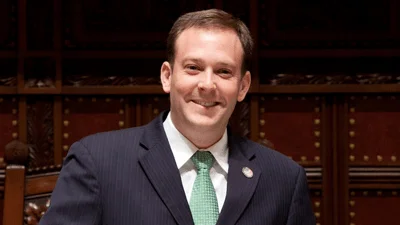The U.S. Environmental Protection Agency (EPA) has announced a final rule aimed at protecting water quality in areas where Tribes hold and assert rights to aquatic and aquatic-dependent resources. EPA Administrator Michael S. Regan highlighted the importance of this rule, stating, “President Biden is committed to ensuring that all people have access to clean and safe water. Strengthening our regulations to support Tribes and protect precious water resources is essential.”
The new rule establishes a national framework for EPA and states to consider Tribal treaty and reserved rights when setting Water Quality Standards under the Clean Water Act. Administrator Regan emphasized that the action aligns with the Biden-Harris Administration’s dedication to honoring the United States’ treaty and federal trust responsibility to federally recognized Tribes.
Chairman Ken Norton of the National Tribal Water Council expressed support for the rule, stating, “The Tribal Reserved Rights rule protects the rights of Tribal citizens, accorded by treaties, statutes, and other federal laws, to hunt, fish, and gather food in their usual and accustomed territories.” Norton emphasized the significance of honoring treaties as the highest law of the land, calling it a victory for Tribes nationwide.
Brandy Toft, Environmental Director of the Leech Lake Band of Ojibwe, emphasized the importance of upholding treaty reserved rights in Ceded Territories for both Tribal members and the environment. Toft expressed hope that the rule would help preserve the Band's treaty-protected rights to harvest resources for generations to come.
Jason Schlender, Executive Administrator of the Great Lakes Indian Fish and Wildlife Commission (GLIFWC), highlighted the Anishinaabe perspective on water, stating, “Anishinaabe people recognize that clean water sustains the more-than-human relatives that they rely on to continue their lifeways.” Schlender welcomed federal actions aimed at improving and sustaining water quality to ensure the health of natural resources.
Vice-Chairman Russell N. Hepfer of the Lower Elwha Klallam Tribe expressed the tribe's satisfaction with the rule, emphasizing the importance of early and frequent consultation. Hepfer stressed the significance of water quality for human health, resources, and future generations, stating, “Water quality is important for our human health and for our resources. More important for our future generations.”
The final rule will take effect 30 days after publication in the Federal Register. It marks a significant step towards protecting water resources vital for Tribal communities' sustenance and cultural practices.





